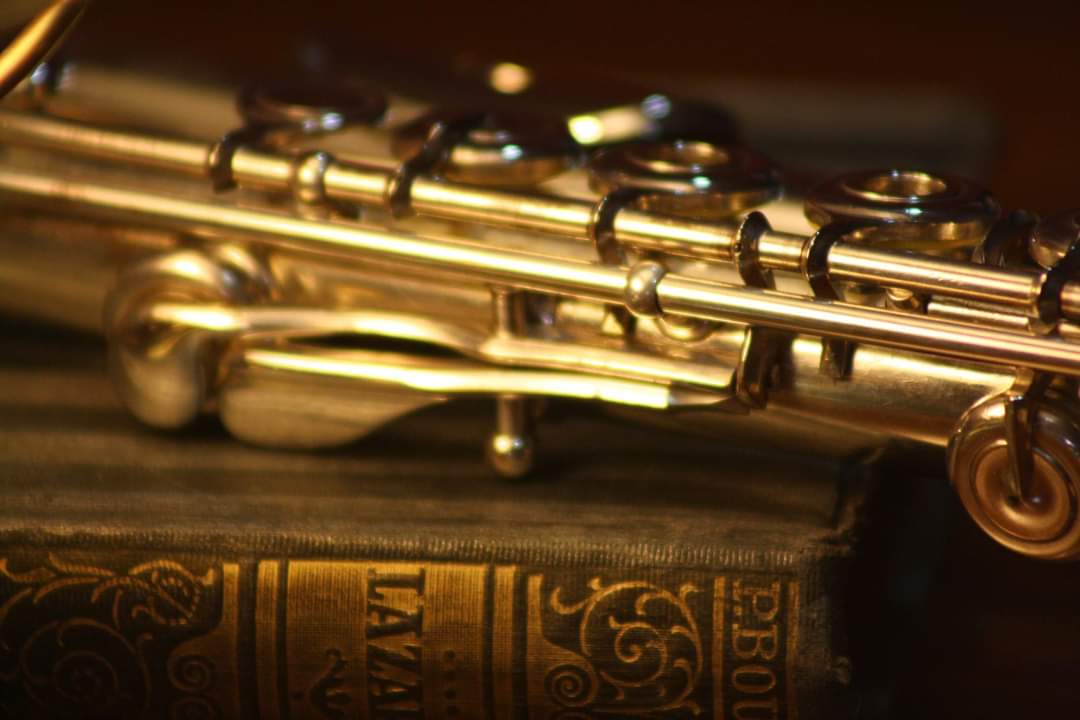
by Alan Weiss
A beautiful tone is born naturally and cultivated over time. You want to strive to always keep developing a wide palette of timbres. You can nurture and evolve your control to become the best you can be! I have always stressed my tonal concept: Sing, never scream!
Slow down and savor the long tones! You do not need to blast and overblow to be heard. Utilize projection to let the air spin naturally without excess force. Most students cover the embouchure hole too much. When you roll in you hear yourself quite well, but the audience does not! You should never cover more than half the hole.
In an ensemble setting when you have a solo and feel the balance covers you, don’t hesitate to ask the conductor or chamber colleagues to play softer!
Marcel Moyse, Paul Taffanel, and Philippe Gaubert (and others…) left us a number of fantastic methods with which to develop the embouchure, ear, legato, dolce, and good taste. Remember that long intervalic long tones are key to balancing registers and embouchure control.
Vibrato is a personal choice and reflective of individual style. But if the vibrato is too aggressive, too slow, too wide, or too fast, it is unnatural and disturbing. Think of vibrato as the intensity which varies with the style and mood. Remember to reflect the period and compositional styles with your sound. One sound does NOT fit all!
Every great flutist I’ve heard had one thing in common—they play effortlessly without forcing. There is a difference between beauty and ugliness. An overly aggressive low register and blasting the bottom notes is not the definition of refinement, control, or musical understanding. Playing as loud and fast as possible is merely gymnastics, not ballet.
Develop your own style
Consider developing your own playing style! If you merely imitate any other flutist you are nothing more than an “Elvis impersonator”! Absorb aspects from the great players and then be yourself.
Ultimately you will need to become your own teacher so that you continually grow as a musician. Strive to keep evolving and improving throughout your entire career.
Listen to all styles and periods of playing. Make sure you are familiar with major works of non-flute compositions such as piano, strings, orchestra, etc.
It is not how fast and loud you play, but how clean, stylistic and effortless you sound.
Wake up each day and try to constantly improve. Do not be afraid to concentrate on your weaknesses. Remember to “always” play with a beautiful tone and remember the “dolce”!
Alan Weiss
www.alanweissflute.com | www.VintageFluteShop.com | Facebook
Alan Weiss is an acclaimed flutist with extensive international experience as a performer in major orchestras and ensembles, as a collaborator in chamber music with many of the world’s outstanding flutists, as a former teacher at a major university, and flute historian. He is currently the co-owner of VintageFluteShop.com. Please visit www.alanweissflute.com and www.VintageFluteShop.com








